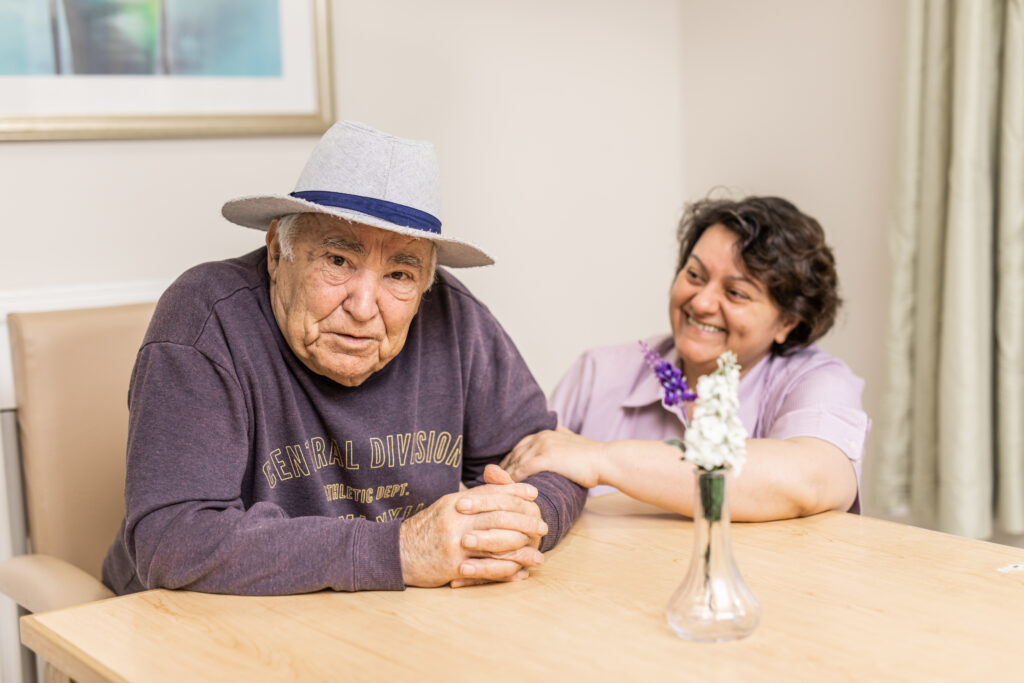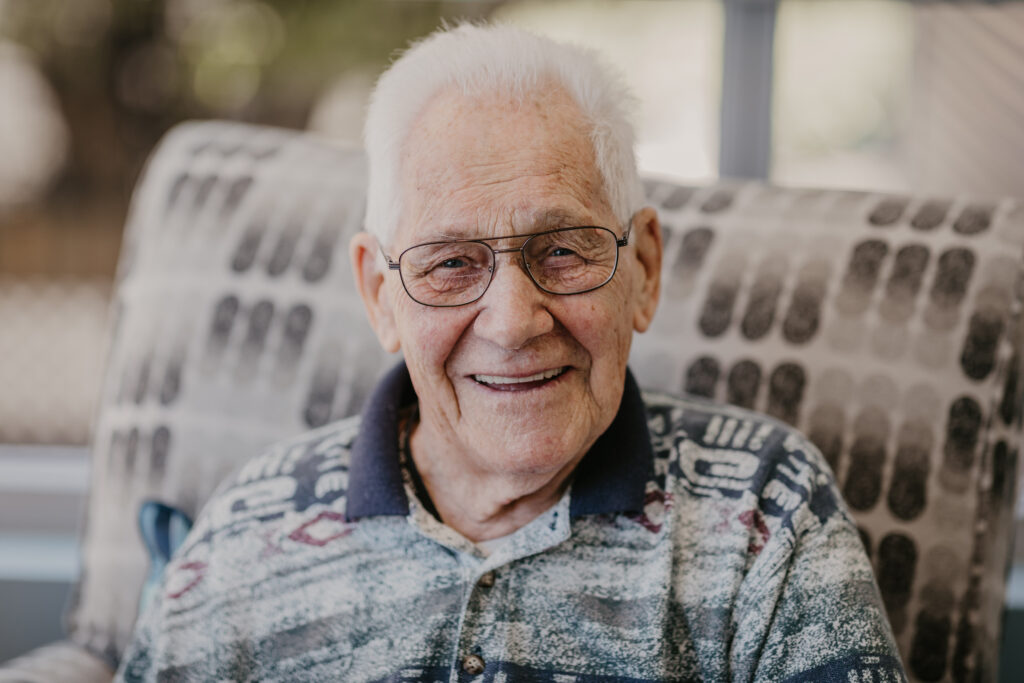It’s been more than 43 years since a small group of Greek visionaries decided to establish a not-for-profit organisation to care and advocate for Greek Australian elders. Contrary to mainstream aged care providers, the pioneers of Fronditha Care identified the need and demand for culturally appropriate aged care services, services that cater to the cultural, linguistic, spiritual and emotional requirements of the Greek migrant community. It’s more than a physical care plan.
Fast forward to 2020, Fronditha Care assists over 1000 elderly people across two states through its five residential care homes and community services. Executive General Manager of Residential Care, Jim Scantsonihas is a pillar of the organisation. He has worked there for 25 years. He is one of the few that has closely watched the development and transformation of the organisation and its ascent within the aged care sector. We invited him to speak to about the trailblazing organisation and its next steps regarding residential aged care.
1. Can you please give us a brief history of Fronditha Care’s residential services?
Fronditha Care was established in 1977 to advocate for the care of the elderly of the Greek community of Melbourne. Fronditha Care now offers residential care services across four sites that cover the northern (Thornbury), eastern (Lower Templestowe), southern (Clayton South) and western (St. Albans) Metropolitan regions of Melbourne. In 2011 we expanded to NSW, building a 66 bed facility in Newcastle, Mayfield, in partnership with the Hippocrates Australian Greek Aged Persons Association (AGAPA). We currently have a 456-bed capacity, and with the completion of our new THALPORI facility in St Albans in 2021, our bed capacity will increase to 488.
2. What is Fronditha Care’s model of care and how is it different to other aged care providers in Australia?
Fronditha Care pioneered the culturally appropriate model of care. Beyond a physical care plan, the cultural, spiritual and emotional needs of our elders are just as important to their wellbeing. It fosters a strong sense of belonging, connection and engagement. So our environment, food, activities and initiatives have this model as their epicentre. I have to emphasise that not only do we hire appropriately qualified staff, we also recruit staff who have the language competency and cultural aptitude to care for seniors with culturally and linguistically diverse backgrounds.

3. You consider the facility in Newcastle to be “a multicultural village”. Can you explain why?
Our model of care can cater to a variety of cultures. Our residential home in Newcastle cares for people from a multitude of cultural backgrounds and celebrates Australia’s cultural diversity. In Melbourne, our homes provide the same model but to predominantly elders from a Greek background.
4. Next year we are expecting the completion of the new 92-bed St Albans care home . What facilities will it provide?
Our St Albans care home will be palatial and appropriate for the needs of our elders in the Western suburbs of Melbourne. This bespoke contemporary residence will be spacious, comfortable, furnished to luxury standards, equipped with all modern conveniences , cinema, café, library, private dining with accessible outdoor areas and landscaped gardens. It will cater to both singles and couples accommodation, all with own ensuite.
The specialised 30-bed Memory Support Unit will care for people who live with dementia.
5. COVID-19 has deen a significant challenge to the aged care sector, especially in Victoria. What were the precautionary measures you took and how did you manage and suppress the July outbreak in Fronditha Care’s 60-bed care home in St Albans?
As a not-for-profit, the people we care for is our primary concern. We have directed a significant amount of resources into protecting our people.
We established a thorough outbreak management plann, ensuring staff is well trained on all its protocols, procedures and measures. We were proactive in educating the residents and their families to ensure they followed essential infection control and hygiene procedures. We also discouraged visitation from those whose were unwell or were a COVID-19 risk.
Communication was crucial so digital communications tools and platforms have been embraced. All information provided to consumers and their families was open and transparent, and bilingual (Greek and English) so our stakeholders could clearly understand what was happening at each stage.
Finally, we cooperated and still do very closely with the DHHS, PHU & Victorian Aged Care Response Centre, industry peak bodies and all levels of government, following all their directives and recommendations, drew from a surge workforce, kept in regular and close contact with resident families and representatives.

6. Why are residential aged care homes necessary for the community?
Aged care is an essential service because a lot of people that age, require support from their family and community and in many instances from professionals. Some people can remain independent; others need help at home, while others require the more specialised care that only a residential aged care home can provide. With an ageing population, Australia’s demand for aged care services continues to grow and as life expectancy increases, so does the need for residential aged care.
7. A lot of people argue that to enter a residential aged care home you must sell your house. Is this true?
The short answer is no, but let me clarify. Before someone enters residential aged care, they must undergo a Centrelink income and assets assessment to determine what fees and charges they must pay. If they choose not to have this assessment completed, they will be charged at the highest rate at any aged care home in Australia.
If the consumer is deemed to have no assets they will be supported by the government who will subsidise the cost of their care only requiring them to contribute @ 85% of their pension.
If a consumer has assets above the Government set threshold, they will be required to contribute to the cost of their care. That does not mean that they must sell their home; there are other options available on how the fees and charges can be paid. It is important to note that the family home is not assessed as an asset if the partner or a dependant of the consumer is still living in the home.
*For more information about Fronditha Care and its services, visit frondithacare.org.au or call (03) 9552 4100

